24 July 2018
JetStyle: Corporate English language training for effective international business
Entering the international markets is a perspective direction for any large organisation that wants to participate in a global competition. And the knowledge of the English language here is one of the main requirements for all its employees and managers.
We spoke with Oleg Lazarev, executive director at JetStyle and Victoria Kurbangaleeva, academic director at Talisman linguistic centre on the importance of successful corporate training for effective international business. Read the interview below.

Oleg Lazarev:
Previously, we made several attempts at corporate English language training in various linguistic centres. And all of them weren’t very successful. Although everyone seemed to understand that it was necessary, in reality, people were quickly losing their motivation, study groups were getting smaller, and we didn't get the desired result.
Perhaps this happened, because we did not formulate a specific task, we just wanted to learn English. And the teachers used rather universal methods, which often didn’t have enough immersion in the specifics of real business processes.
Our collaboration with Talisman turned out different: being in the process of live communication with foreign clients, we already clearly knew what exactly we need today and tomorrow. And the specialists of the linguistic center have managed to understand the complexity of our work processes and have offered us an effective toolkit for all stages of work with our international clients.
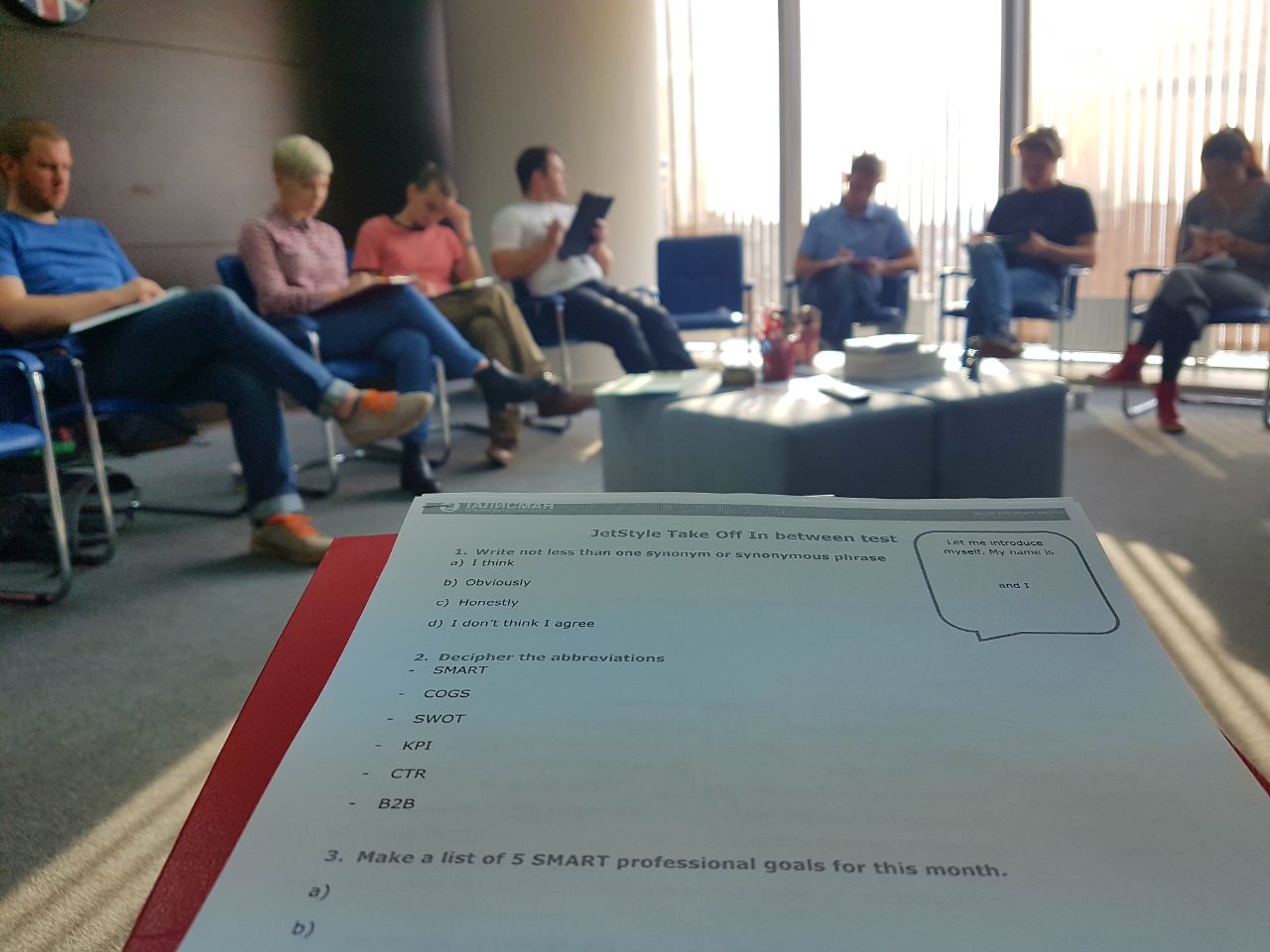
Victoria Kurbangaleeva:
Corporate language training is an area in which historically there are many myths and misconceptions. Many people understand the phrase "exclusive approach” in different ways, trying to please potential clients by the principle of every whim for your money.
We at Talisman thought a lot about the optimal balance between exclusivity and versatility. And we came to the conclusion that it would be more correct to talk not in terms of "teaching English", but to talk about something else, about the main thing: we teach how to solve tasks in English. Because the ability to solve practical business problems using the appropriate language skills and knowledge, is the key to success.
But for this, it is necessary to understand the specifics of practical business as well as the foreign language itself. And then the line between linguistics and management consulting begins to fade. The ability to understand not just the meaning of specific words and expressions, but the essence, technologies of effective processes and solutions comes first.
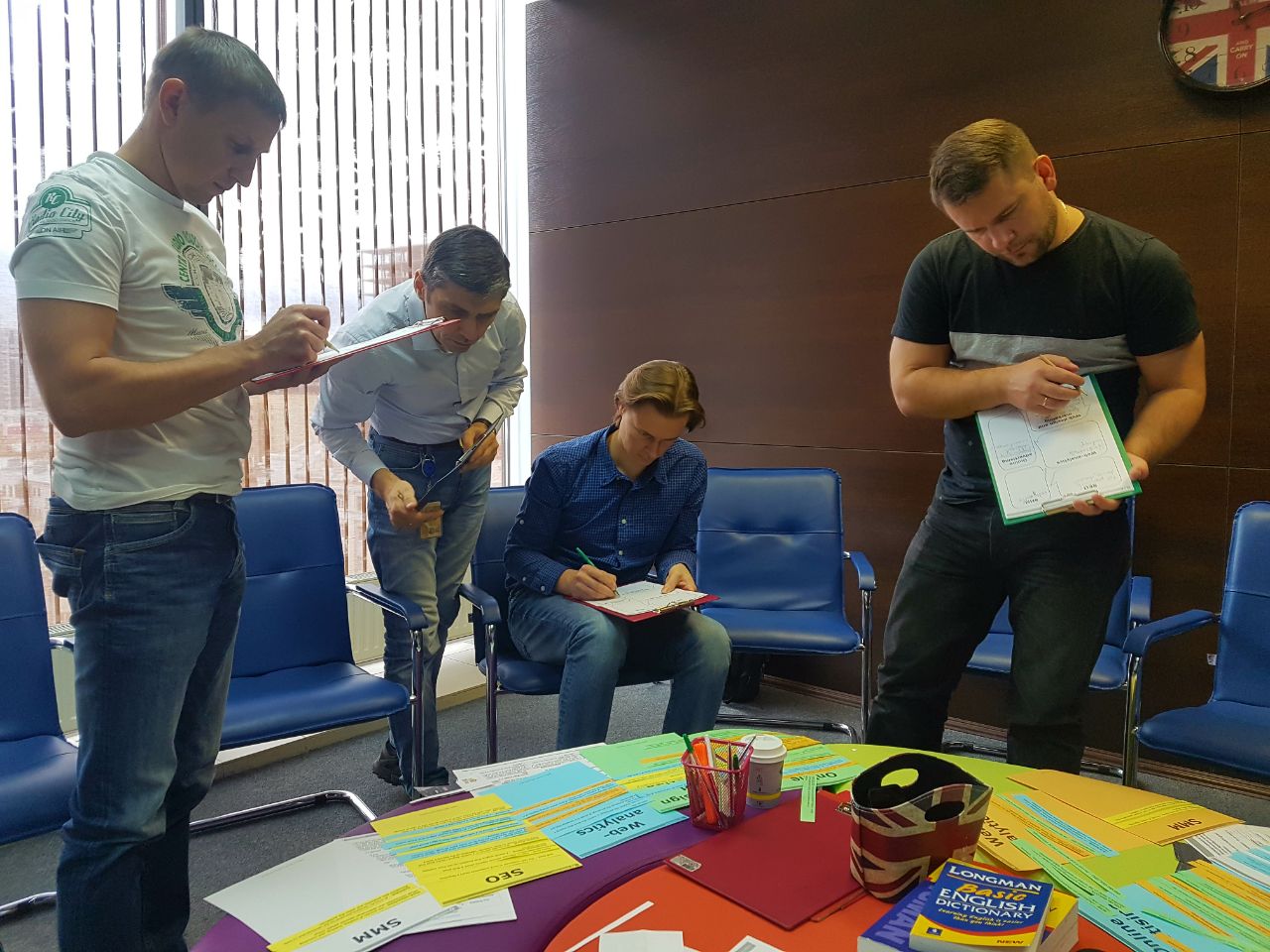
Oleg Lazarev:
We have to give a lot of credit to the specialists at Talisman – they have plunged into the specifics of our business straight away. They now understand it so well that we could actually hire them to work for JetStyle – that’s how good they are! By taking part in our working meetings, and at all stages of different projects, they mastered the system of professional argumentation and started to understand the subject of our activity in all details. Such interaction requires mutual trust and great responsibility, but that's what gave us good results.
Based on the results of the training, our team have not only improved their vocabulary and became more confident in communicating with foreign partners in English. First of all, we have got an opportunity to handle more orders, and have expanded our production capacity. And this confirms the main thesis: it is very important not just to know the language, but to be able to solve current problems in dealing with foreign clients. And to do it as effectively as with the local customers, when there is no language barrier.

Victoria Kurbangaleeva:
Improving business by improving your foreign language skills – that’s how I would describe the corporate training project in my understanding. To learn how to do much better what has been done already. And to learn to do what is required, but couldn't have been done before. These are the two most important, fundamental tasks.
Both of these tasks require a serious immersion in the specifics of the work of each particular company. Therefore, at the start of the project, we prepare very strictly all documents on non-disclosure of official information and begin with the audit and the analysis of current business processes.
At what stage or place does the quality of communications sink? Where do weaknesses come from and why? The answers to these questions determine the content of the next sessions and lessons. It is difficult to dwell on one single term because the priority is not the number of words or hours, but the effectiveness of solving problems. And it requires a certain synthesis of analytics, counselling and training practical skills.
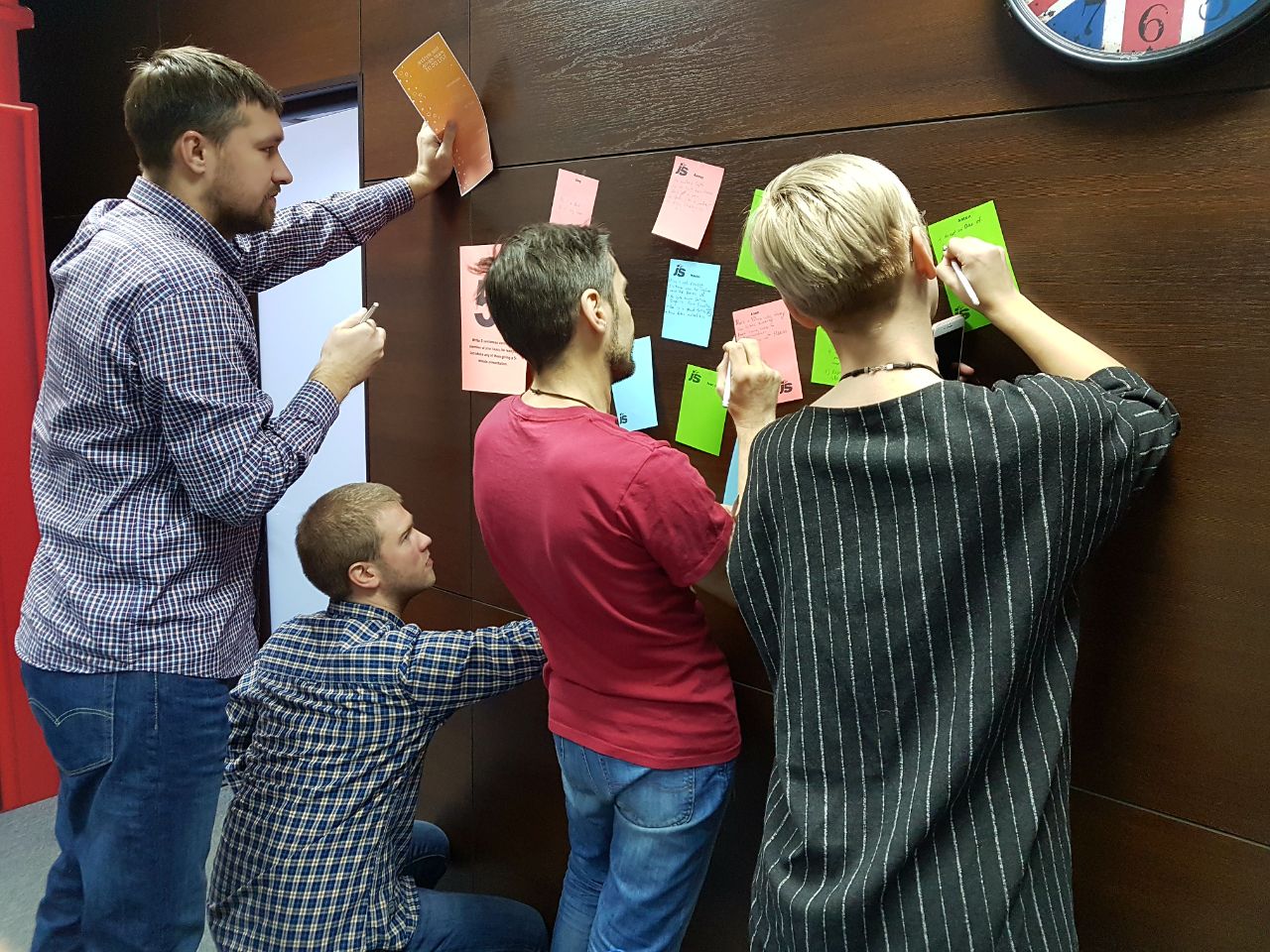
Oleg Lazarev:
The project with Talisman has helped us to expand the staff pool that can conduct a daily dialogue with foreign clients. The specifics of our work is that the knowledge of English is often required not only at the stage of negotiations but also during the execution of the received order. In many projects, almost daily communication of the client's representatives with our specialists is necessary.
For instance, for the supply or import of finished products, the use of English can be limited to a fairly clear set of standard operations. In our case, it is more complicated. The knowledge of English language is required in the process of technical creativity, awareness of the specific, sometimes exclusive wishes of the client. So, a constant feedback here, as a rule, is very important and quite intense.
And we are grateful to Talisman for the fact that thanks to the project our specialists have mastered a lot of very important practical skills that significantly improved the efficiency of their work and their professional level. From this point of view, it is quite logical that the cost of the language training is partly paid by the employees themselves. First of all, it encourages them to take a more responsible attitude to learning. And secondly, they understand that they are investing in their future, in their competitiveness in the global market.
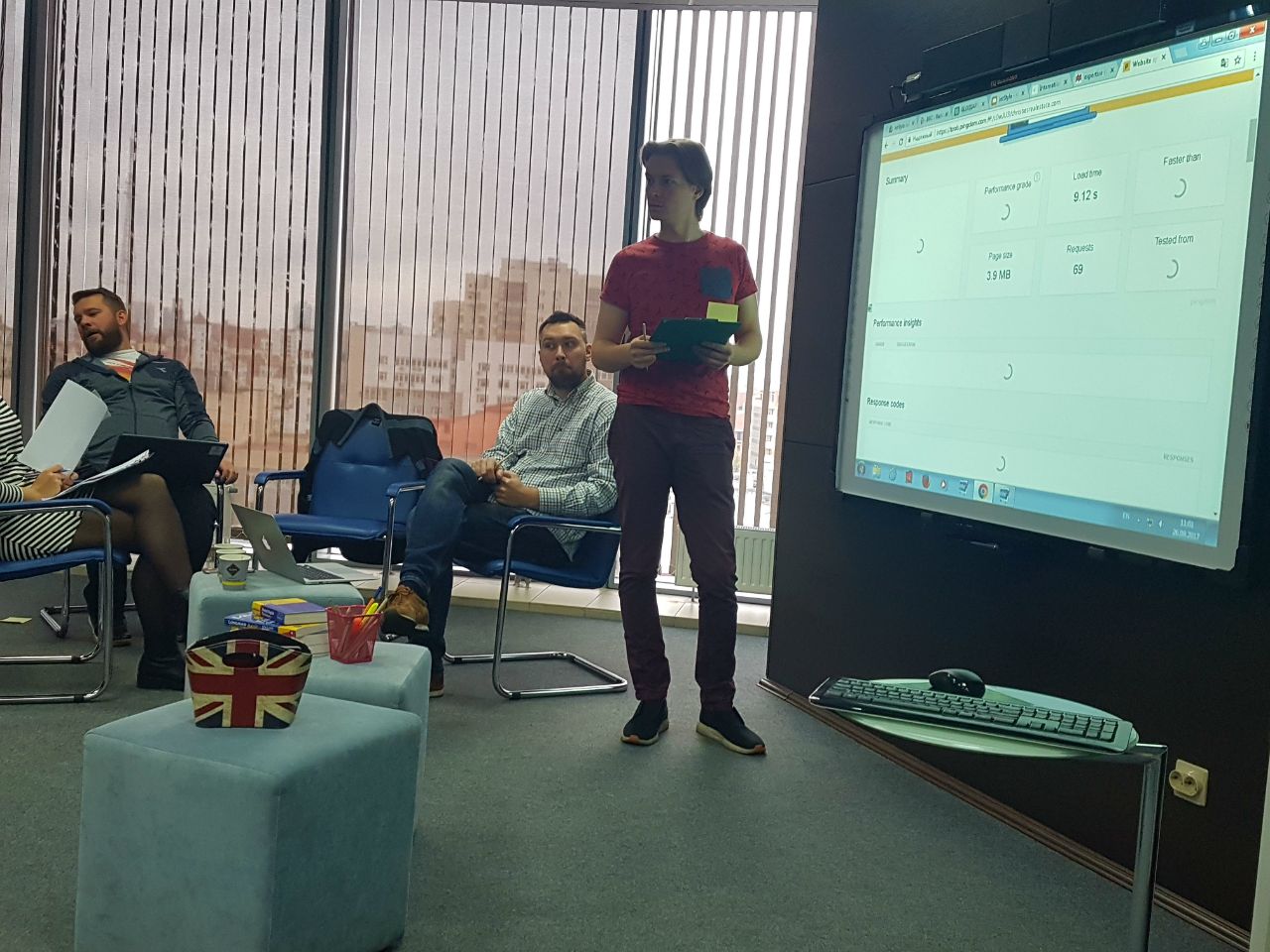
Victoria Kurbangaleeva:
It may be somewhat unusual to consider corporate learning in a broader context than many people have become accustomed to. But this, indeed, is far from the traditional "teaching English." This is much more. Here we do both – the strengthening of the HR brand and the development of the intellectual business environment. In addition, in terms of forming an effective and well-coordinated team, this is also a huge benefit.
In our practice, there are often situations where the owner of the company sets very specific goals for the team, but the algorithm of achieving them is impossible without improving communications. And it requires careful analysis, the results of which determine the program for further actions. So corporate learning is an important element of both strategy and tactics of business related to international business relations. Reliability. Effectiveness. Expert and applied nature. Here, perhaps, the main points that must determine the content of an exclusive, an individual approach to corporate learning in foreign languages today.
That is why, along with the audit at the start and the training itself, there is the most important third stage of any of our projects in this field – the creation of instructions, manuals, glossaries, which allow the client to make full use of the knowledge and skills obtained.
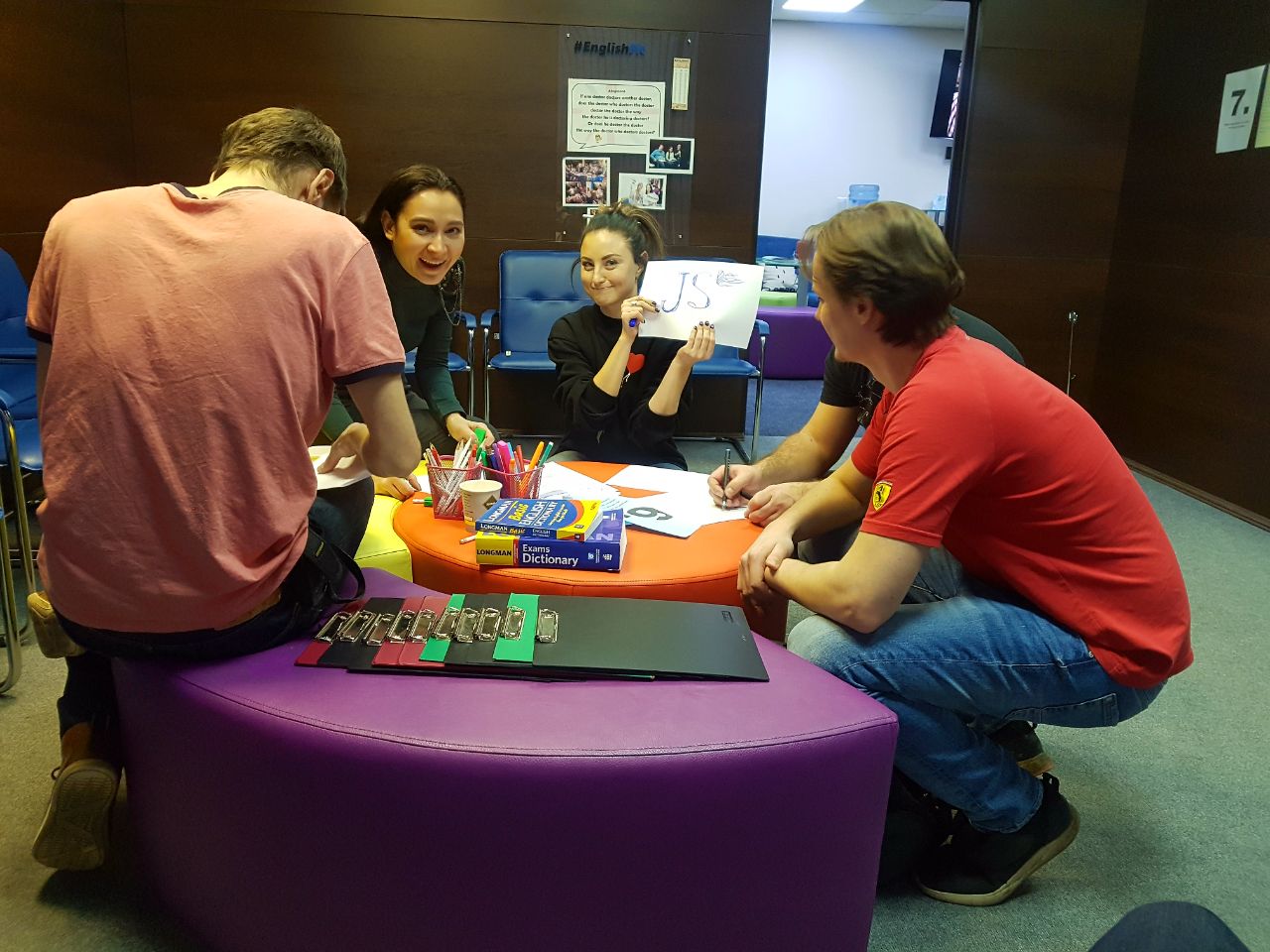
Oleg Lazarev:
A successful corporate training project, as in our case with Talisman, performs several functions at once. First, it allows you to make a lot of useful conclusions from the past experience. To strengthen all positive moments, to identify and eliminate shortcomings in the established practice of business communications with foreign partners and clients.
Secondly, as I said earlier, it helps to scale the business. It's not even about finding new customers, but about the ability to quickly and better cope with the current work. To fulfil orders, which we wouldn’t be able to take without corporate training. The turnover of our company has grown in this respect.
And finally, thirdly. The professional level of both the company as a whole and individual specialists objectively became higher. And this allows us to look more confidently into the future and take on more complex, but more profitable projects. By virtue of the nature of the modern economy and modern technologies, many markets are expanding. And effectively overcoming language barriers along this path is one of the key conditions for a successful and dynamic business!
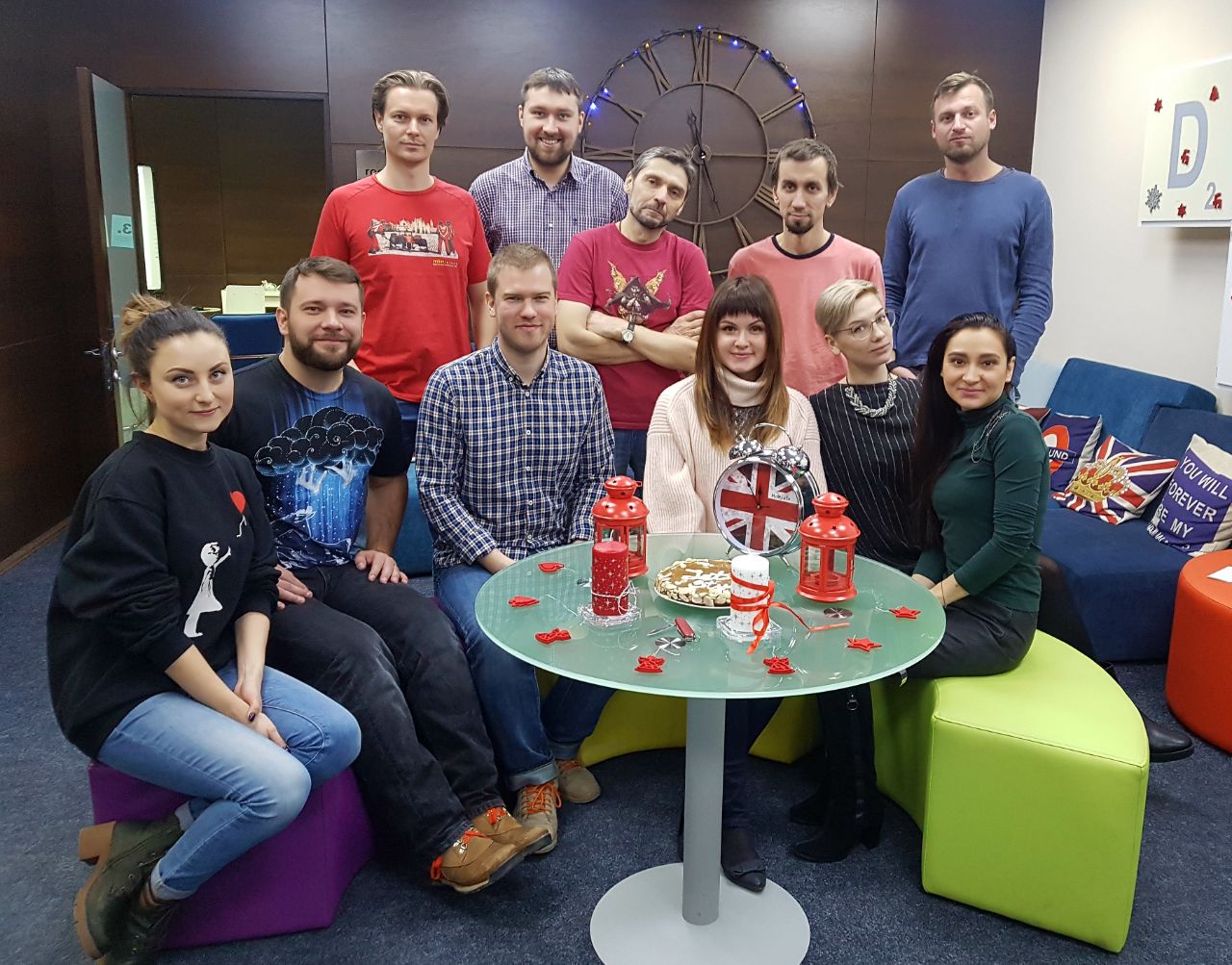
You might also like



